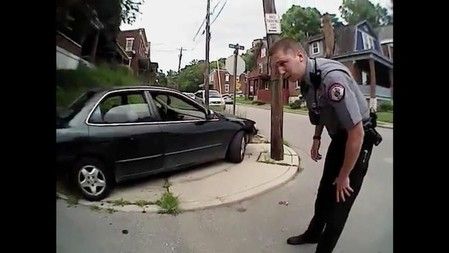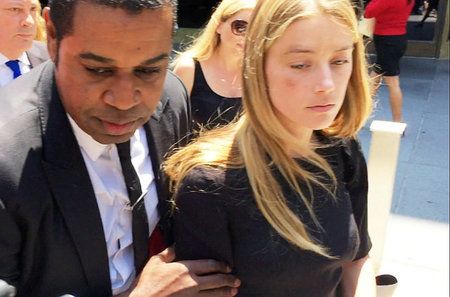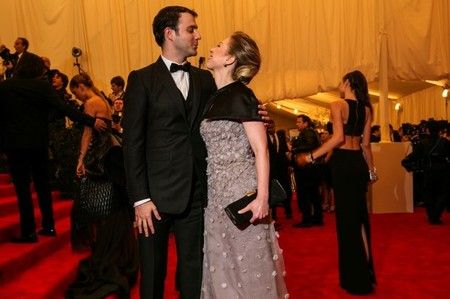Advertisement
Children of man killed by Ohio college police officer each get $218,000 in settlement: report

(Reuters) – The 13 children of a black man killed by a University of Cincinnati police officer during a traffic stop will each receive about $218,000 plus free college tuition under a roughly $5 million settlement, local media reported on Monday.
Ohio probate Judge Ralph Winkler, charged with distributing the settlement reached between the university and the family of Sam DuBose, also ruled on Monday that DuBose’s mother would receive $90,000, the Cincinnati Enquirer reported.
“The children have suffered the greatest loss, and the greatest amount of the settlement proceeds should be provided to (his) children,” Winkler said at a hearing to announce his ruling, the newspaper reported. It said the children range in age from 4 to 23.
Body camera video of the traffic stop showed DuBose, 43, was shot in the head by Officer Ray Tensing last July after he was pulled over for a missing front license plate on his vehicle.
DuBose attempted to prevent the officer from opening the car door before the car started slowly rolling forward. Tensing, who is white, pulled his gun and fired once. He has pleaded not guilty to murder and voluntary manslaughter charges and is free on $1 million bond.
DuBose’s death fueled demonstrations and intensified a debate on policing and race in the United States.
A settlement was reached with the university in January for $4.85 million and free tuition for DuBose’s children. The settlement is worth about $5.3 million, including the free tuition, family attorneys have said.
In addition to the distribution for DuBose’s mother and children, Winkler also ruled that his six siblings would each be paid $32,000 from the settlement, the Enquirer said.
His father, Sam Johnson, will receive $25,000, according to the newspaper.
More than 33 percent of the $4.85 million in settlement money was allocated for attorneys’ fees and costs. That amount totaled $1.67 million, the newspaper reported.
(Reporting by Justin Madden in Chicago; Editing by Sharon Bernstein and Peter Cooney)









